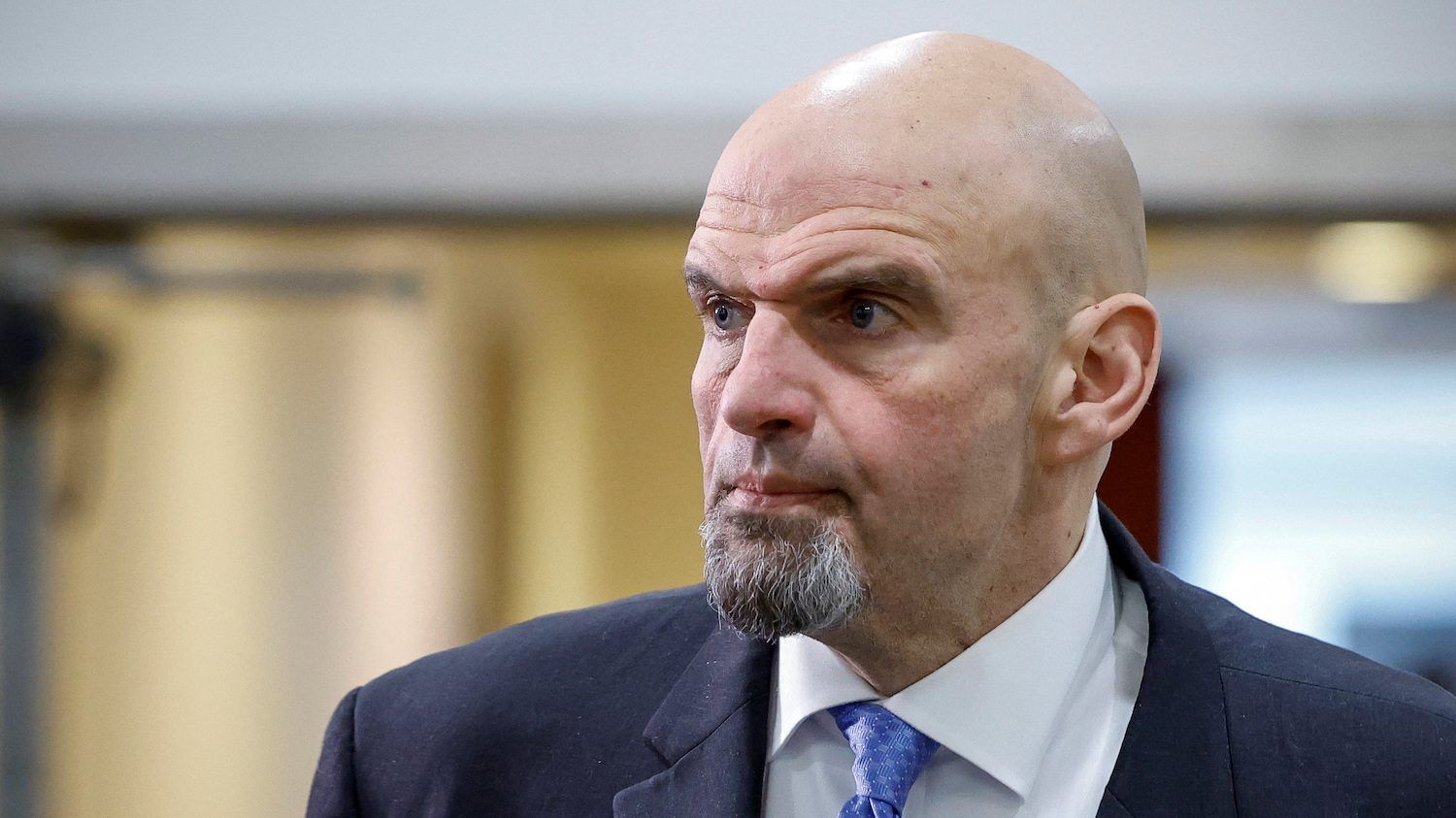hypertension is an 'on-ramp' to stroke: lack of awareness is putting canadians at risk
seven in 10 health professionals say canadians don't understand the risks of high blood pressure.
stroke recovery and post-stroke spasticity: what it feels like
"i've read a great deal about neuroplasticity and i believe it is possible to retrain your brain," says susan brown, who had a stroke in 2020.
depression after stroke requires professional help, health group says
u.s. senator john fetterman's stroke and subsequent treatment for depression has experts speaking up about the connection between stroke and mental health.
 3 minute read
3 minute read




















